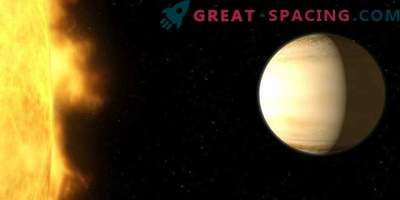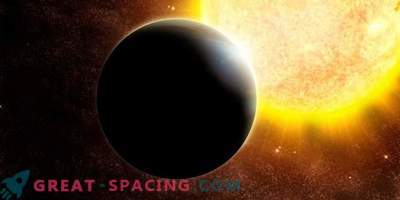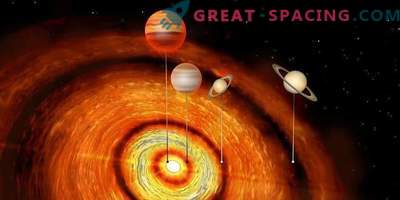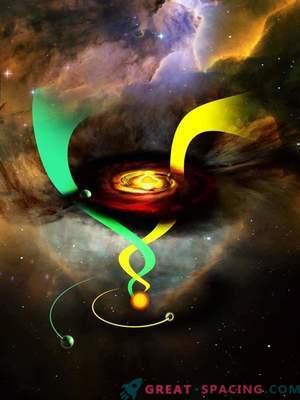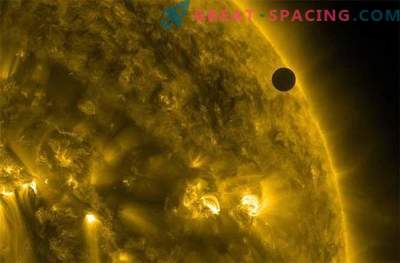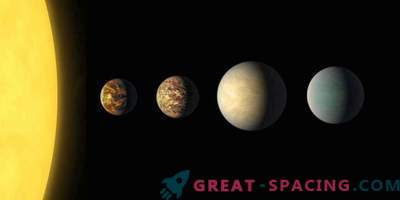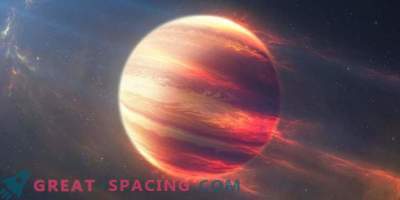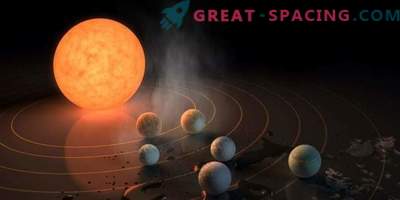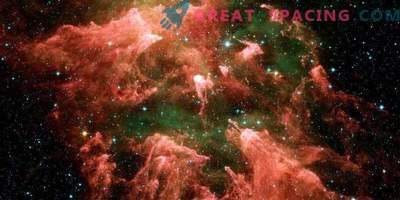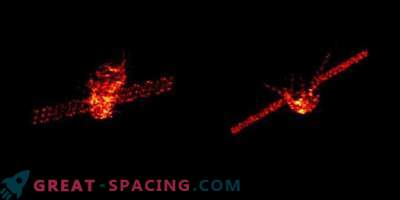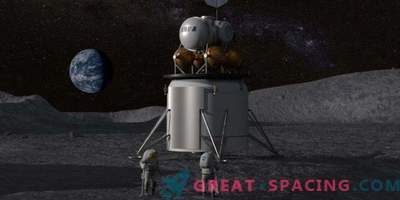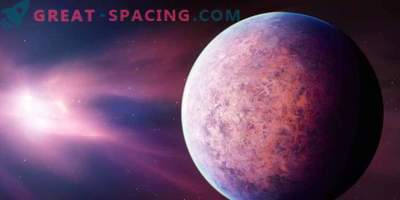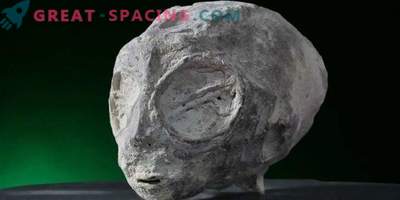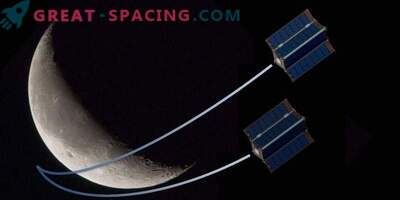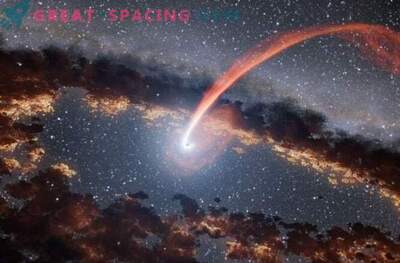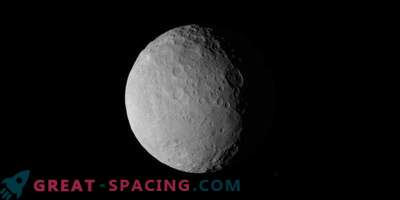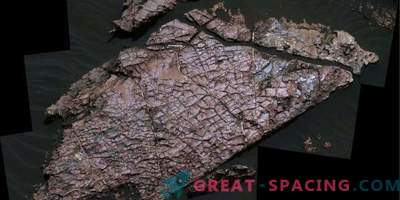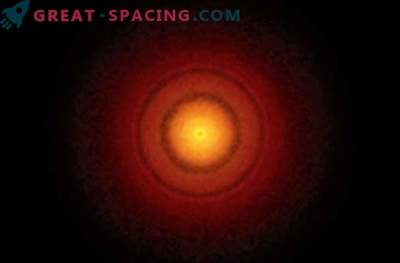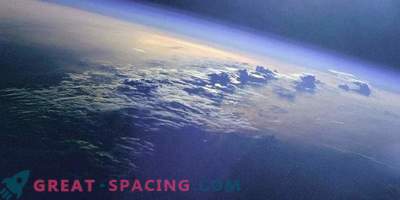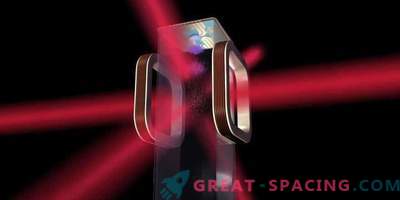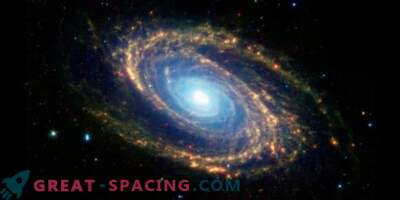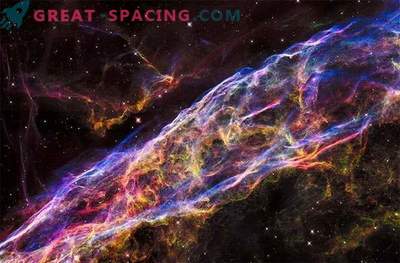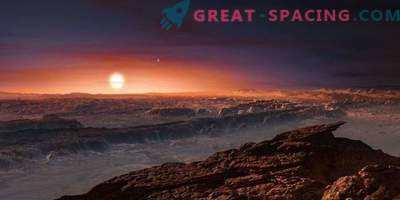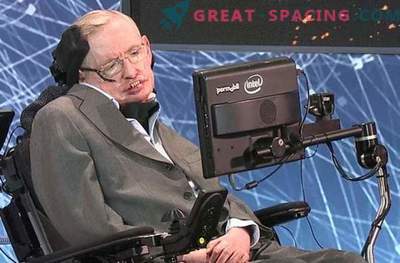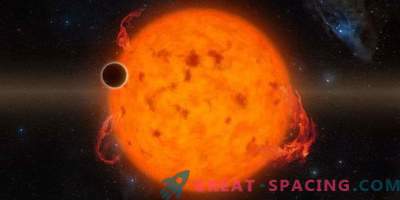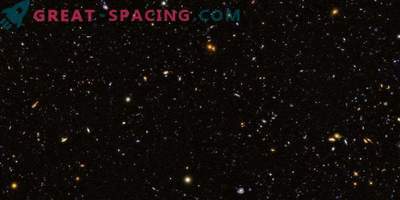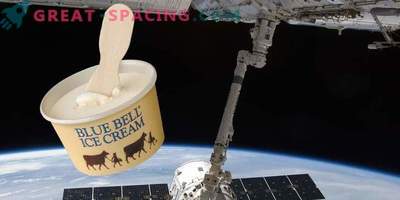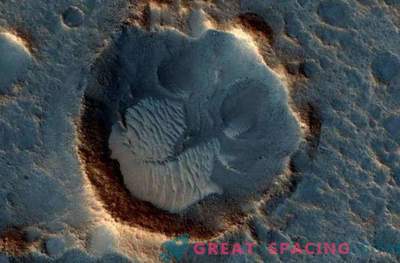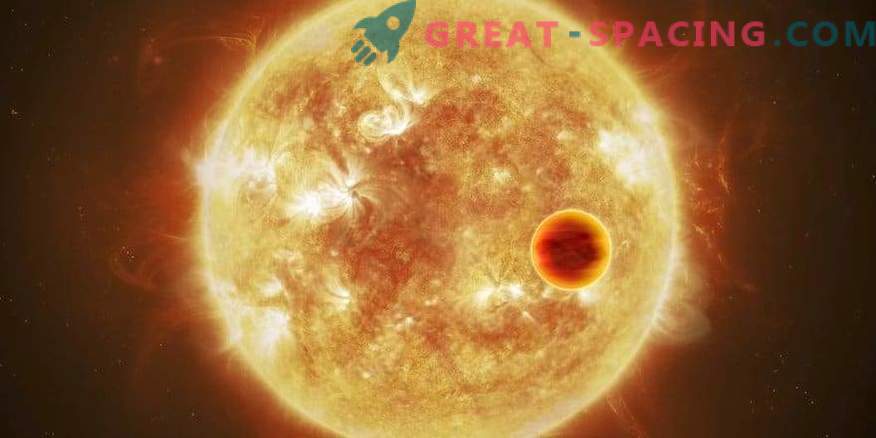
An artistic vision of how a hot planet passes in front of a parent star.
Representatives of ESA reported that the fourth scientific mission, which they plan to launch in 2028, will be to study the nature of planets rotating in other systems. The mission was named Ariel (Ariel - Atmospheric Remote-sensing Infrared Exoplanet Large-survey).
Scientists have already managed to find thousands of alien worlds, providing a huge range of masses, sizes and orbits. However, there is still no holistic picture that would link these characteristics with the nature of the parent star. Moreover, there is a gap in knowledge of how planetary chemistry is related to the environment or its stellar type.
Ariel plans to address fundamental questions about how planetary systems evolve. For this, going to explore the atmosphere of hundreds of exoplanets. Observations will give an idea of the different stages of planetary and atmospheric formation, and their further evolutionary model will help put our system into context. Researchers believe that Ariel is the logical next step in the science of exoplanets, allowing you to advance on key scientific issues regarding their formation and evolution. In addition, the mission will allow European scientists to maintain competitiveness in this area.
The project will focus on warm and hot worlds (from super-earths to gas giants), studying their mixed atmosphere to decipher the bulk composition. Ariel will measure the chemical imprints of the atmosphere when the planet passes in front of her star. In addition to finding already known ingredients (carbon dioxide, water vapor and methane), it will be possible to determine more exotic metallic compounds.
The mission telescope will operate on visible and infrared wavelengths. It will be launched on the ESA Ariane-6 rocket from Kuru in mid-2028. Installation is planned at the second Lagrange point (L2) at 1.5 million km. The initial duration is 4 years.

